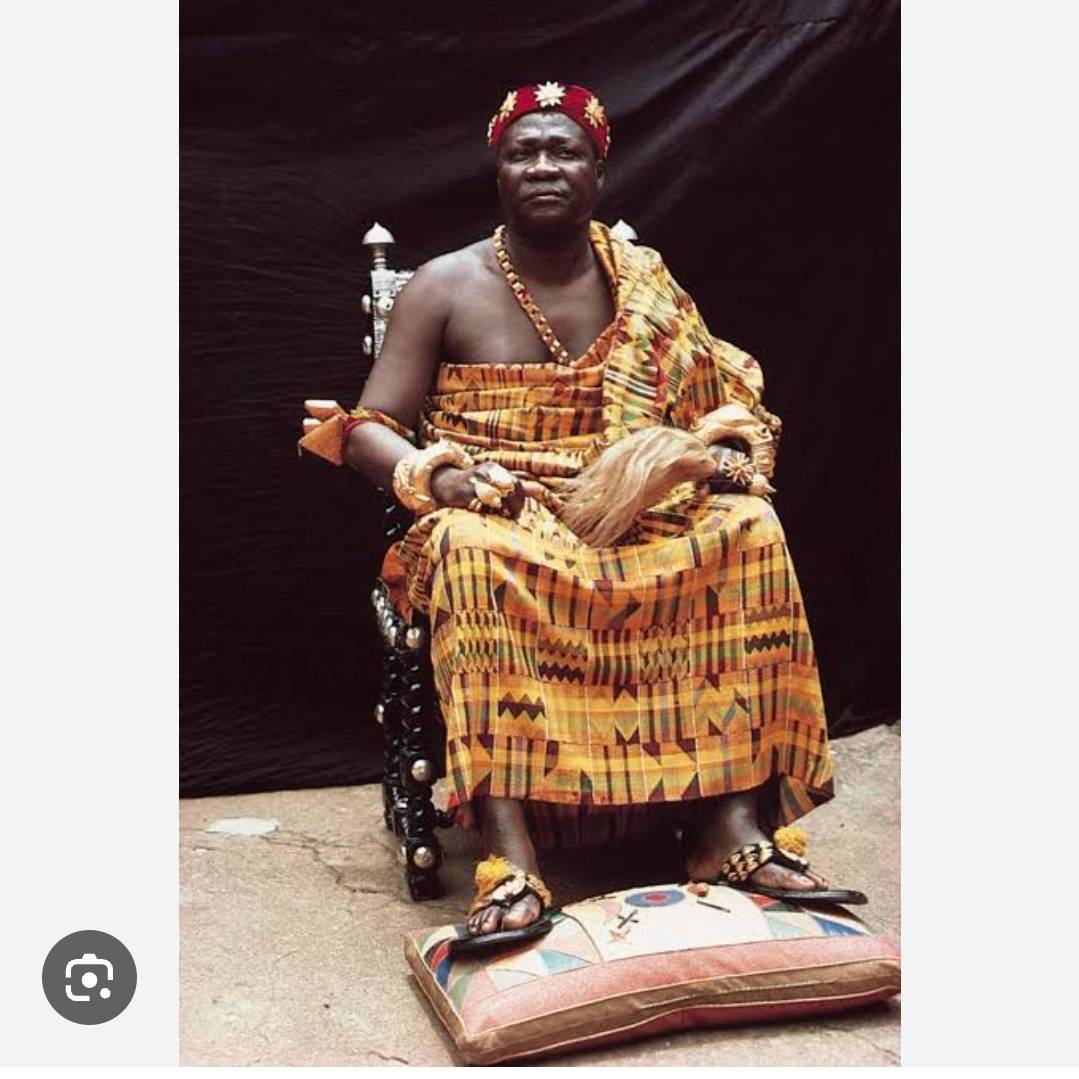Title: The Asante Kingdom: A Legacy of Power, Culture, and Influence in Ghana
Introduction
The Asante Kingdom, located in what is now modern-day Ghana, stands as one of the most powerful and influential kingdoms in West African history. Renowned for its military strength, sophisticated governance, and rich culture, the Asante Kingdom played a pivotal role in the region's history and continues to influence the socio-political landscape of Ghana today.
History of the Asante Kingdom
The Asante Kingdom was founded in the late 17th century, around 1670, by King Osei Tutu, who united various Akan-speaking states under one banner. The Asante people, primarily part of the Akan ethnic group, had been scattered across the region, but through a combination of warfare, diplomacy, and strategic alliances, Osei Tutu consolidated power, leading to the formation of the Asante Empire.
The Golden Stool and the Role of Religion
Central to the Asante Kingdom’s identity is the Golden Stool (Sika Dwa Kofi), a sacred symbol of the kingdom's unity and divine authority. It is believed to have descended from the heavens and is the symbol of the Asante throne. The stool represents the soul of the Asante nation, with the king, or Asantehene, being seen as the intermediary between the divine and the people.
Government and Leadership
The Asante Kingdom's political system was characterized by a well-organized bureaucracy. The king (Asantehene) was the ultimate authority, but his power was balanced by a council of chiefs. The kingdom's administration was divided into regions, each headed by a chief who managed local affairs but ultimately answered to the Asantehene.
This decentralized structure allowed the kingdom to maintain control over a vast territory, ensuring that regional concerns were addressed without undermining the unity of the empire.
Military Power and Expansion
The Asante were known for their formidable military prowess. The kingdom's army, led by a powerful general, expanded its territory through strategic warfare and conquests. The Asante forces were heavily disciplined, and their military strategies were often ahead of their time, using tactics like ambushes, the effective use of firearms, and guerrilla warfare.
The Asante Army was instrumental in defending the kingdom against external threats, particularly from the British and other European colonial powers during the 18th and 19th centuries. This resistance culminated in several wars, such as the Anglo-Asante Wars, where the Asante Kingdom fought valiantly to maintain its independence.
Economy and Trade
The Asante Kingdom thrived economically through trade. Its strategic location allowed it to become a key player in the trans-Saharan trade routes, trading gold, ivory, and slaves for European goods such as guns, cloth, and iron. Gold was particularly significant; the kingdom was one of the world’s largest producers of gold, earning it the title of the “Gold Coast.â€
The Asante also controlled important trading hubs in the region, such as the town of Kumasi, which became the capital and a bustling market center.
Art, Culture, and Religion
The Asante Kingdom's cultural heritage is rich in art, music, and religion. Asante artisans were skilled in producing gold jewelry, woven textiles, and wood carvings, with intricate designs often symbolizing status, power, and spirituality. One of the most iconic elements of Asante culture is Kente cloth, a brightly colored woven fabric that holds deep symbolic meaning.
The Asante people practiced a mix of traditional African religions and beliefs, with ancestor worship playing a central role. The Asantehene was not only a political leader but also a spiritual leader, ensuring the kingdom’s alignment with the gods.
Decline and Legacy
The Asante Kingdom's power began to wane in the late 19th century due to the growing influence of European powers, particularly the British. After a series of wars, the British successfully annexed the kingdom, ending its independence in 1902. However, the Asante people’s resistance and their lasting impact on Ghanaian society cannot be overstated.
Today, the Asantehene still holds significant cultural and ceremonial importance. The legacy of the Asante Kingdom is visible in modern Ghanaian culture, from the preservation of the Asante language (Twi) to the continued reverence for traditional customs and the Golden Stool.
Conclusion
The Asante Kingdom remains a symbol of strength, resilience, and cultural pride in Ghana and beyond. Its influence continues to be felt today, with the Asante people playing a key role in the cultural and political life of Ghana. From its military conquests to its rich cultural traditions, the Asante Kingdom’s legacy is a testament to the enduring spirit of the African people.




No comments yet
Be the first to share your thoughts!